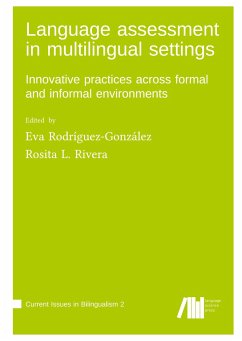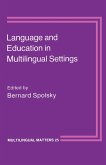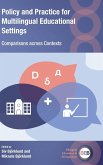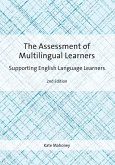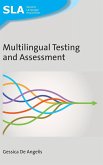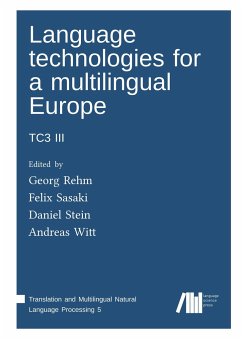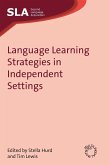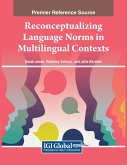This volume explores and addresses questions related to equitable access for assessment. It seeks to initiate a conversation among scholars about inclusive practices in language assessments. Whether the student is a second language learner, a heritage language learner, a multilingual language speaker, a community member, the authors in the present volume provide examples of assessment that do not follow a single universal or standardized design but an applicable one based on the needs and context of a given community. The contributors in this volume are scholars from different disciplines and contexts in Higher Education. They have created and proposed multiple lower-stakes assignments and accommodated learning by being flexible and open without assuming that learners know how to do specific tasks. Each chapter provides different examples on Justice, Equity, Diversity, and Inclusion (JEDI) assessment practices based on observation, examination, and integrative notions of diverse language scenarios. It may be of interest to researchers and practitioners in the fields of curriculum and instruction, language learning, and applied linguistics as well as those in the field of language teaching in general. Thus this volume broadens the scope of research in the area of multilingual assessment.
Hinweis: Dieser Artikel kann nur an eine deutsche Lieferadresse ausgeliefert werden.
Hinweis: Dieser Artikel kann nur an eine deutsche Lieferadresse ausgeliefert werden.

